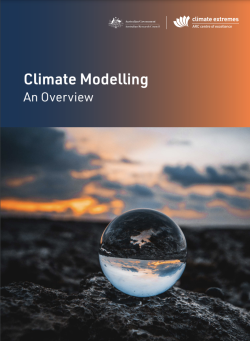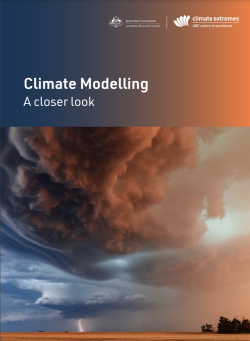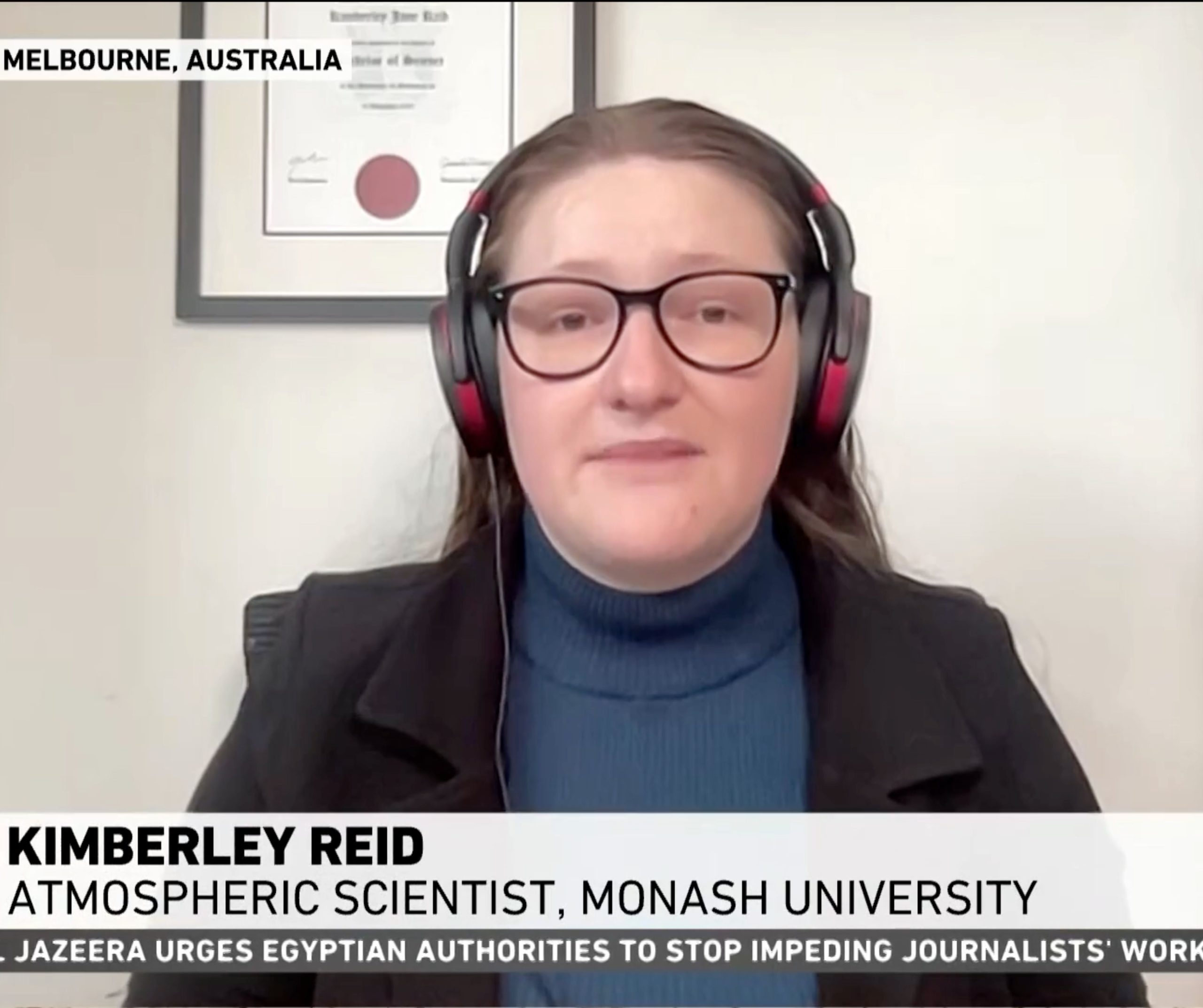
“Climate models are how we predict the future of our climate – a crucial need as our planet warms.”
Professor Andrew Pitman, AO, FAA. Centre Director. ARC Centre of Excellence for Climate Extremes.
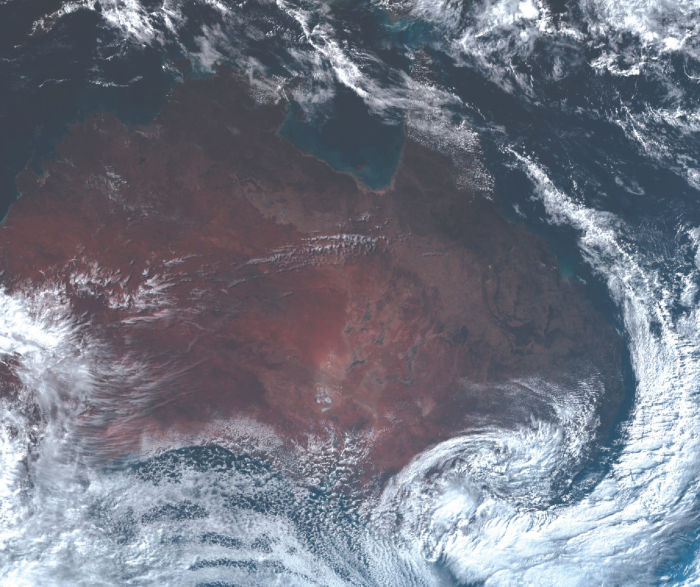
The ARC Centre of Excellence for Climate Extremes regularly analyses major climate and weather events around Australia and the world.
This page details some of our reports and summaries of specific climate and weather events.
Short extremes summaries
-
-
Extreme rainfall and flooding in Queensland and New South Wales February-March 2022

This high impact flooding was a compound event, an event caused by multiple hazards or drivers.
-
Australian temperatures in 2022

The average temperature over Australia has warmed by 1.47± 0.24°C since 1910.
-
Collapse of East Antarctic Conger ice shelf in March 2022
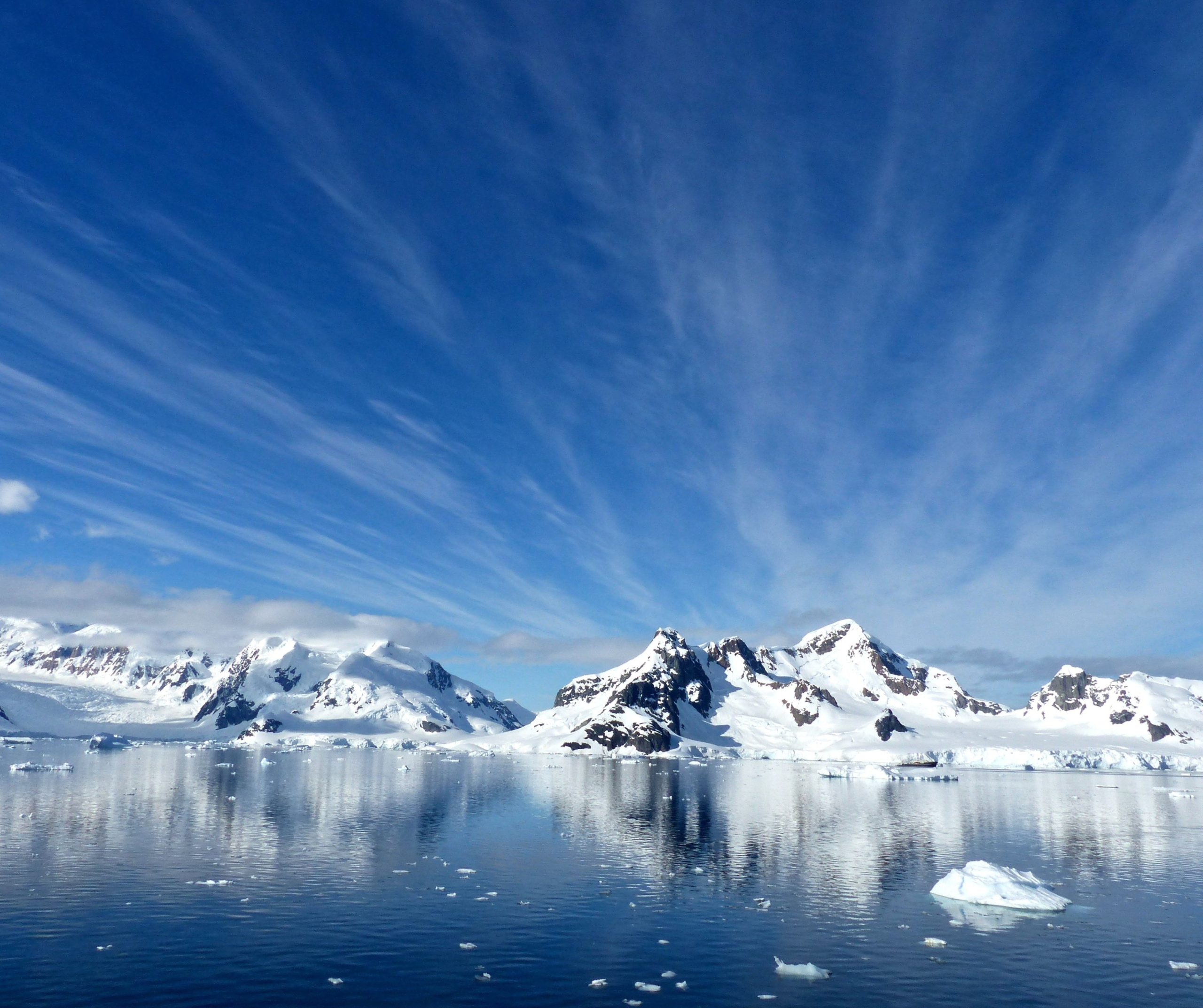
As the climate continues to warm, more and more ice shelf collapses are forecast to occur, potentially leading to an acceleration of sea level rise.
-
Heatwaves in Western Australia – 2022

Heatwave conditions are expected to continue to worsen as the climate warms. The ARC Centre of Excellence for Climate Extremes is continuing to research links between heatwaves and weather systems, soil moisture and climate change.
-
Simultaneous Antarctic and Arctic heatwaves in March 2022
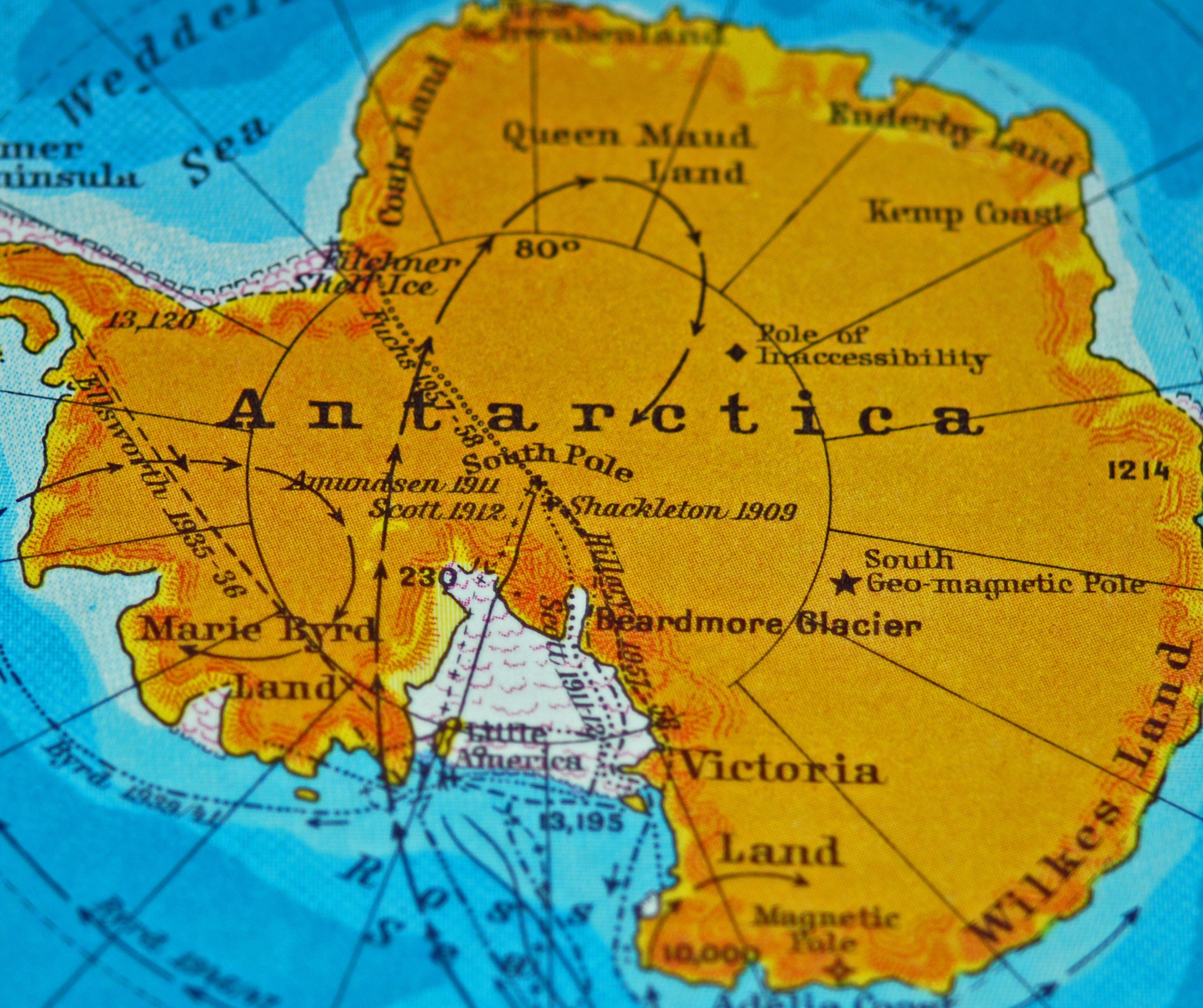
We will need a longer time record to be able to identify a climate change signal in Antarctic extreme events.
-
Weather and climate extremes in Antarctica – 2022
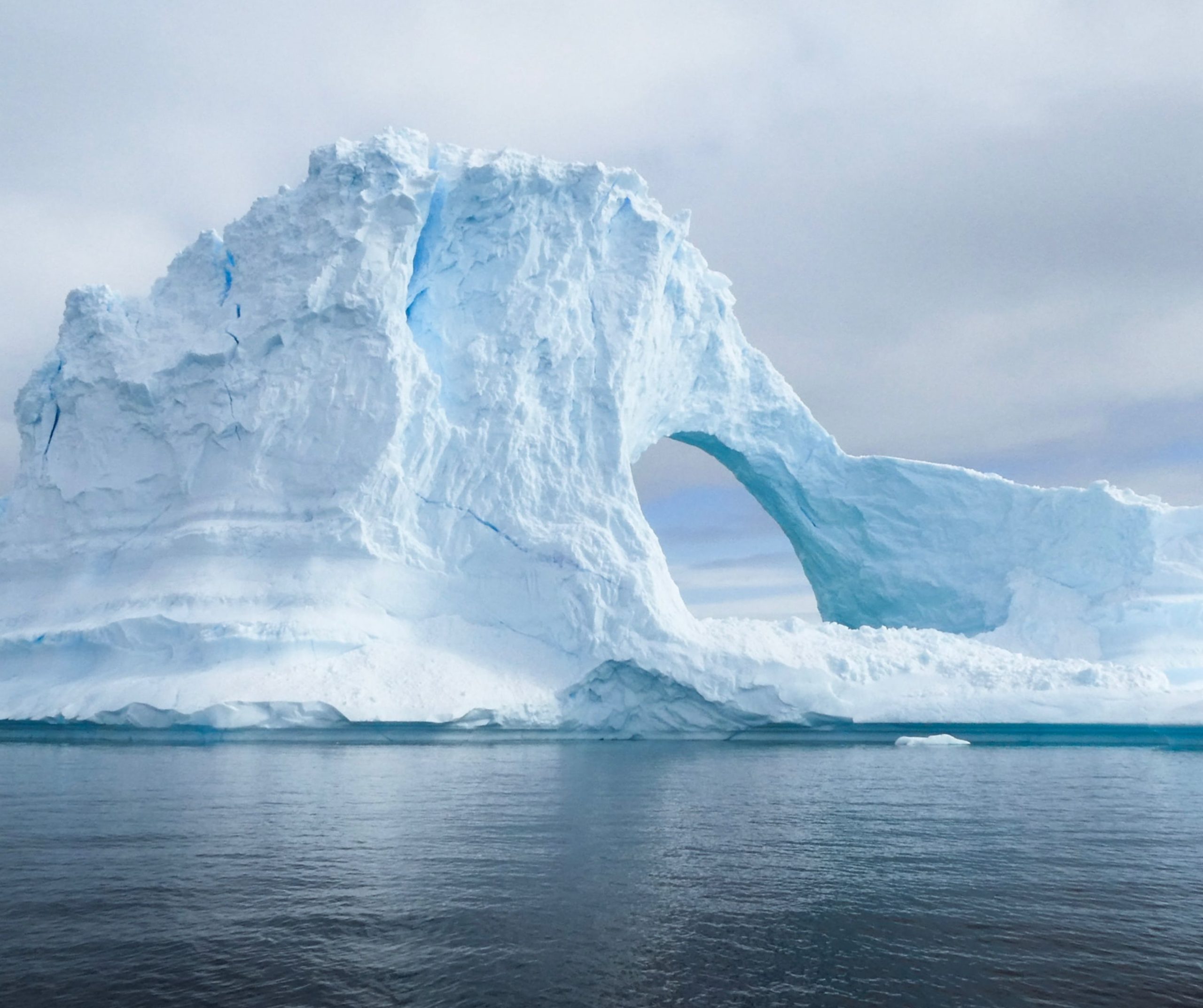
Rapid declines in sea ice from spring 2021 continued, leading to record low extent in late summer 2021-22.
-
Australian rainfall in 2022

By the end of the first week of March, both Queensland and New South Wales had received more than a year’s worth of rain in a month.
-
Record low Antarctic sea ice extent in 2022
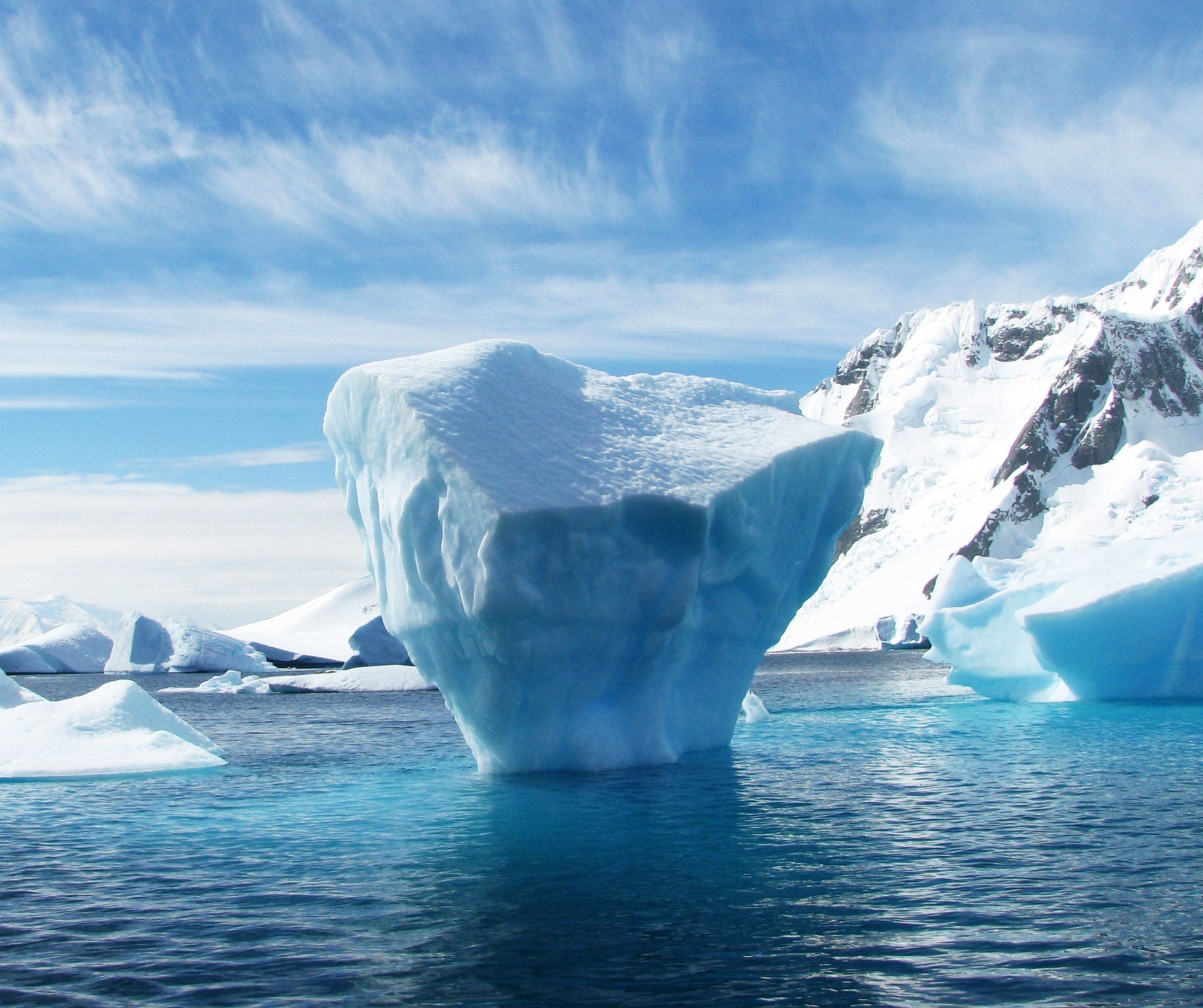
The ARC Centre of Excellence for Climate Extremes is continuing to research and understand the drivers of these sea ice extreme events and sea ice predictability.

